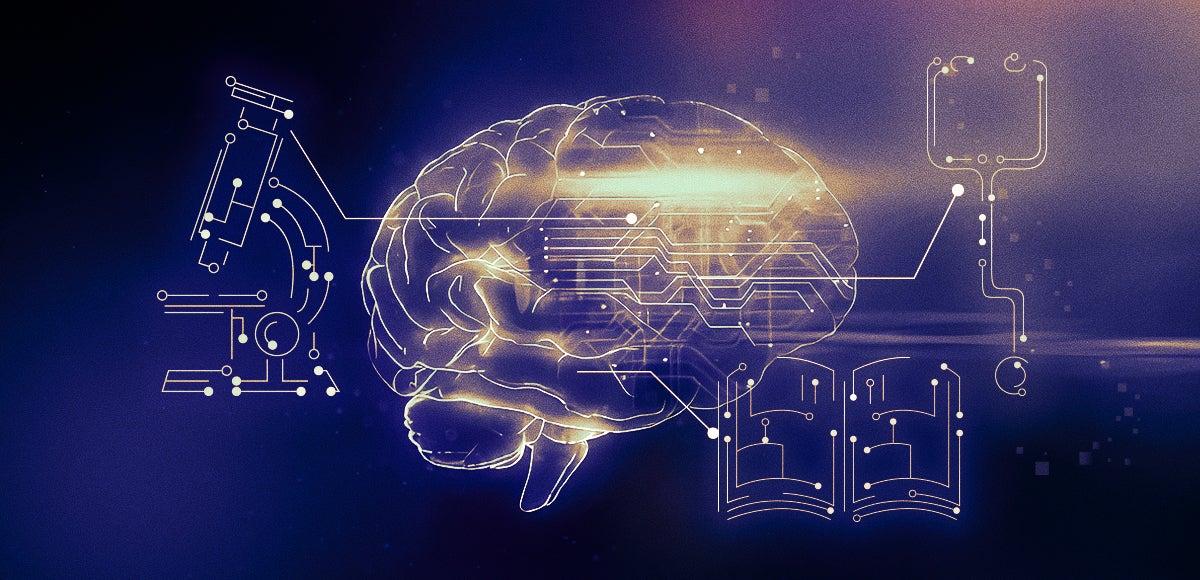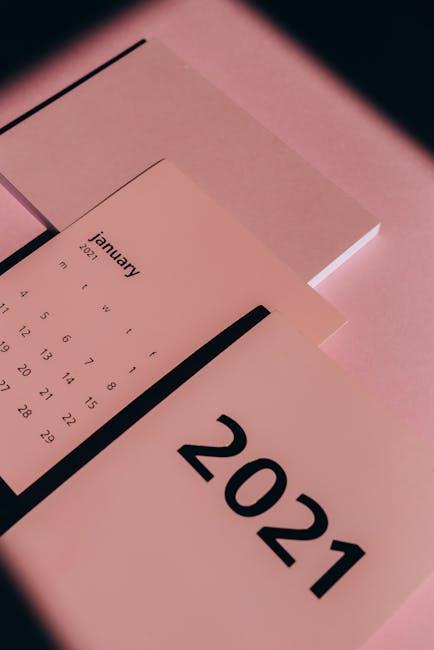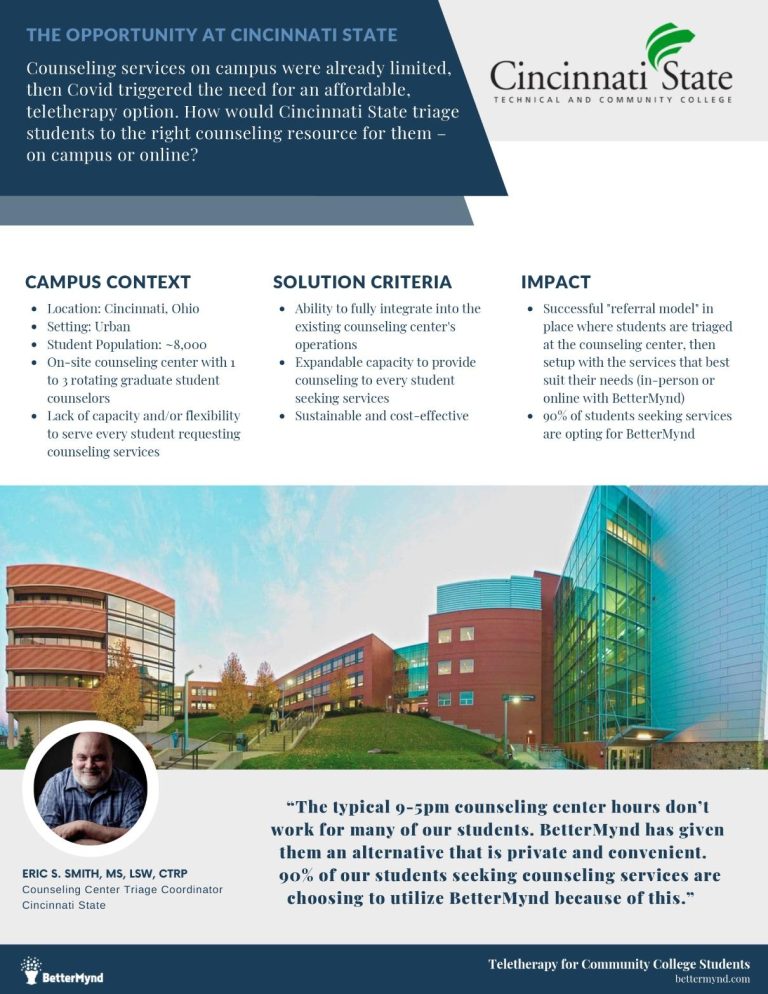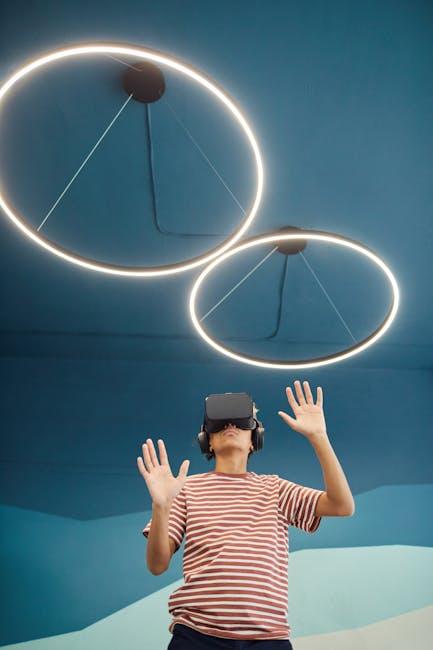Exploring the Complexities of Time Perception

Tick, tock, tick, tock… Time is a funny thing, isn’t it? Sometimes it drags on interminably, like waiting for a pot of water to boil. Other times, it slips through our fingers like sand, leaving us wondering where the hours went. Join us on a whimsical journey through the labyrinthine world of time perception, where minutes can feel like hours and seconds can pass in the blink of an eye. Strap in and let’s dive deep into the fascinating complexities of how we experience time.
The Influence of Culture on Temporal Perception
Ever noticed how time seems to fly when you’re having fun but drags on when you’re bored out of your mind? Well, it turns out culture plays a big role in how we perceive time. Different cultures have their own unique ways of measuring and experiencing time, which can greatly influence our temporal perception.
In some cultures, time is seen as a linear progression, with a clear beginning and end. This can lead to a more fast-paced, task-oriented approach to time management. On the other hand, some cultures view time as cyclical, with events repeating in a continuous loop. This can result in a more relaxed, present-focused attitude towards time.
Furthermore, cultural norms and practices can also impact how we perceive time. For example, in some cultures, being late is considered disrespectful, while in others, it’s perfectly acceptable to show up fashionably late. These differences in punctuality expectations can greatly influence how we experience time in our daily lives.
Ultimately, our cultural background shapes not only how we perceive time but also how we prioritize and value it. So next time you find yourself running late, just remember, it could all be a matter of cultural perception!

Neurological Factors Affecting Time Processing
When it comes to time processing, our brains are like malfunctioning clocks - always running a few minutes behind or ahead. But fear not, dear readers, for I am here to shed some light on the mysterious neurological factors that influence our perception of time.
First up, we have the brain’s internal clock, also known as the suprachiasmatic nucleus. This little guy is responsible for keeping our bodies in sync with the day-night cycle, but sometimes it gets a bit confused. **It’s like having a snooze button that randomly goes off whenever it pleases**.
Next, let’s talk about dopamine – the neurotransmitter that gives us that sweet, sweet feeling of pleasure. Turns out, dopamine also plays a role in how we perceive time. **It’s like having a hyper friend who keeps distracting you whenever you try to focus on something**.
And last but not least, we have the prefrontal cortex, aka the brains behind the operation. This region of the brain is responsible for planning and decision-making, but it also has a say in how we process time. **It’s like having a boss who changes deadlines on a whim – thanks a lot, prefrontal cortex**.

attention-and-memory-in-time-perception”>The Role of Attention and Memory in Time Perception
Have you ever noticed that time seems to drag on when you’re bored, but flies by when you’re having fun? Turns out, our attention and memory play a huge role in how we perceive time. Here’s a closer look at just how they influence our sense of time:
First off, our attention is like a spotlight that shines on certain moments in time. When we’re focused on an engaging task or activity, our attention is fully absorbed, making time seem to pass quickly. On the other hand, when we’re bored or distracted, our attention wanders, causing time to drag on endlessly. It’s like trying to watch paint dry – not exactly a thrilling experience!
Memory also plays a key role in our perception of time. Our brains are constantly forming memories of events and experiences, which help us track the passage of time. When we look back on a fun-filled day full of exciting adventures, our memories are rich and vivid, making it feel like time flew by. But when we try to recall a monotonous day spent staring at the clock, our memories are fuzzy and disjointed, making it seem like an eternity.
So next time you find yourself staring at the clock, wondering why time is moving at a glacial pace, just remember – it’s all in your head! By paying attention to the moment and creating memorable experiences, you can trick your brain into thinking time is flying by. Now if only we could find a way to fast-forward through Mondays…

The Impact of Emotional States on Perceived Time
Ever noticed how time seems to fly when you’re having fun, but drags on forever when you’re bored out of your mind? Well, it turns out that our emotional states have a huge impact on how we perceive time. Here are some ways in which our emotions can mess with our sense of time:
- Happy: When we’re feeling happy and upbeat, time tends to zoom by in a blur of laughter and good vibes. Before you know it, the day is over and you’re left wondering where the time went.
- Sad: On the flip side, when we’re feeling down in the dumps, every minute feels like an eternity. We become hyper-aware of the passing seconds, making time drag on at a painful snail’s pace.
- Angry: Feeling angry can distort our perception of time, making everything seem urgent and immediate. You might find yourself constantly checking the clock and feeling like there’s never enough time to get things done.
So, the next time you’re wondering why time seems to be playing tricks on you, take a moment to check in with your emotional state. Chances are, your feelings are the real culprits behind your wonky sense of time. And hey, maybe a little laughter or self-care is all you need to get back on track!

Time Illusions and Cognitive Biases
Have you ever realized that time is a sneaky little trickster playing tricks on our minds? are like the mischievous duo causing chaos in our perception of reality. Let’s dive into some of the most entertaining ways they mess with us:
**Perceptual Time Warps:** Have you ever noticed how time seems to speed up when you’re having fun but slows down to a crawl when you’re bored to tears? It’s like our brains are in cahoots with time itself, conspiring to keep us on our toes. And don’t even get me started on how time flies when you’re procrastinating!
**Memory Mirage:** Our memories are like a patchwork quilt of half-truths and fabrications, stitched together by our faulty recollection of events. Time illusions make it so easy for our brains to fill in the blanks with false memories, turning our once-clear recollections into a fuzzy, rose-tinted mess.
**The Bias Brigade:** Cognitive biases are like the Avengers of the brain, swooping in to save the day (or ruin it) whenever we least expect it. From confirmation bias to anchoring effect, these sneaky little devils are always lurking in the shadows, ready to warp our perception of reality at a moment’s notice.
Individual Differences in Temporal Processing
Some people have the ability to accurately estimate time down to the second, while others struggle to even arrive on time for appointments. This discrepancy in temporal processing can lead to some interesting scenarios in everyday life.
Imagine a group of friends trying to plan a surprise party for their chronically late friend. While one friend meticulously plans out the timing of every detail, the late friend shows up an hour after the party has already started because they completely misjudged how long it would take to get ready.
For those who excel at temporal processing, waiting for others can feel like an eternity. They may find themselves constantly checking the clock and tapping their foot impatiently as they watch their friends slowly meander towards the meeting spot.
On the flip side, those who struggle with temporal processing may find themselves in a constant state of panic as they race against the clock to meet deadlines. They may have multiple alarms set on their phone, yet still somehow manage to underestimate how long it will take to complete tasks.
The Interplay Between Time Perception and Decision-Making Processes
When it comes to making decisions, time perception can play a crucial role in how we approach various situations. Our ability to accurately gauge the passage of time can impact the choices we make and the outcomes we experience. Here are a few ways in which time perception and decision-making processes interact:
- **Time Warp:** Ever feel like time is moving at a snail’s pace when you’re faced with a tough decision? This phenomenon is known as time dilation, where your perception of time slows down during moments of stress or indecision. Suddenly, that important choice feels like it’s taking forever to make, leading to potential analysis paralysis.
- **Racing Against the Clock:** On the flip side, when faced with time constraints, our decision-making can shift into high gear. The pressure of a looming deadline can push us to make quicker (though not always better) decisions, as we prioritize getting it done over getting it right.
Whether time feels like it’s dragging on or slipping through your fingers, it’s important to be aware of how our perception of time can influence the decisions we make. By understanding , we can better navigate various situations and hopefully avoid any time-related pitfalls along the way.
FAQs
What is the biggest factor that influences our perception of time?
The biggest factor that influences our perception of time is how boring the task at hand is. Seriously, have you ever noticed how time seems to crawl when you’re stuck doing something you hate?
Can our emotions affect how we perceive time?
Absolutely! Time flies when you’re having fun, but it practically stands still when you’re anxious or bored. It’s like your brain decides to play tricks on you just for fun.
Why does time seem to speed up as we get older?
Ah, the age-old question (no pun intended). It’s like the universe is playing a cruel joke on us by making our youth fly by in the blink of an eye, while making our monotonous adult years drag on forever. Time sure has a twisted sense of humor!
How does multitasking affect our perception of time?
Multitasking is like a time warp that messes with your brain’s ability to keep track of time. It’s like trying to juggle a dozen balls at once – eventually, you’re bound to drop a few and lose track of what day it is.
Is there any way to control or manipulate our perception of time?
Ha! If only we had a magic wand that could make time speed up when we’re stuck in a boring meeting and slow down when we’re on vacation. Unfortunately, time is a sneaky little devil that does what it wants, when it wants. You just have to buckle up and enjoy the ride!
Time to Say Goodbye
And just like that, we’ve reached the end of our journey through the fascinating world of time perception. As we’ve learned, time is anything but straightforward. It warps and bends, speeds up and slows down, and can leave us feeling completely disoriented.
But hey, who said life was supposed to be easy, right? So next time you find yourself waiting impatiently in line at the grocery store or watching the clock crawl by at work, just remember: time is a funny thing, and we’re all just trying to make sense of it in our own quirky ways.
So until next time, keep your eyes on the clock and your mind open to the wonders of the ever-elusive ticking of time. And who knows, maybe one day we’ll finally crack the code and figure out this whole time perception thing once and for all.
But until then, just sit back, relax, and enjoy the ride. Because as they say, time flies when you’re having fun!






